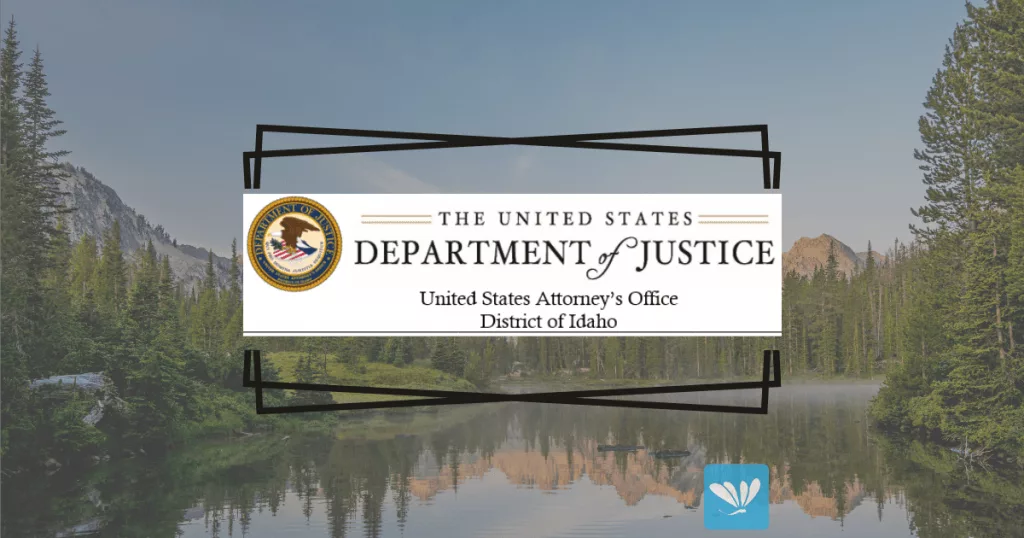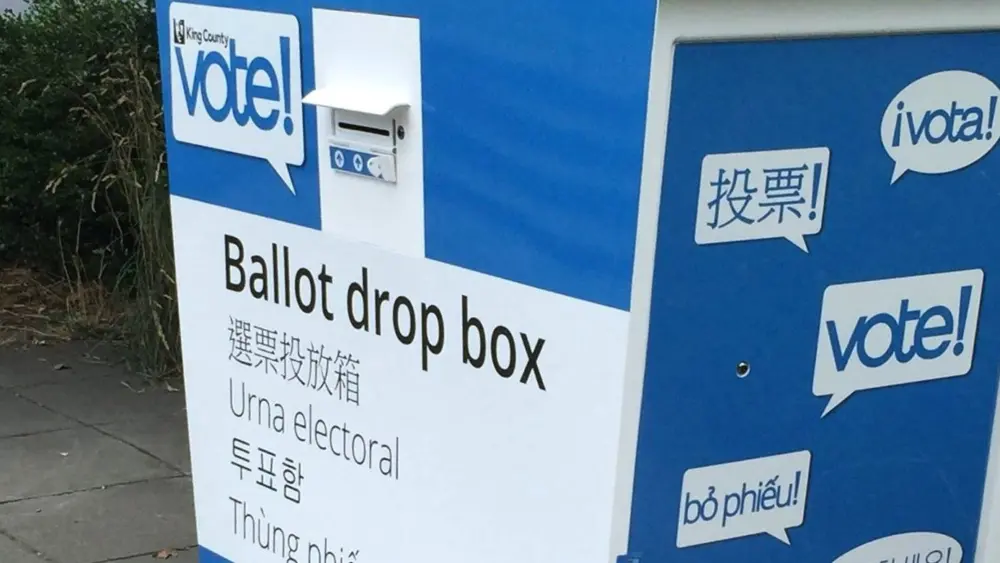(Idaho State) During the holiday season, online criminals increasingly target Idahoans through online scams and fraud schemes. Today, U.S. Attorney Josh Hurwit, along with the FBI, the Fort Hall Police Department, the Bannock County Prosecuting Attorney’s and Sheriff’s Offices, the Bonneville County Prosecuting Attorney’s and Sheriff’s Offices, the Idaho Falls Police Department, and the Pocatello Police Department, released a second PSA as part of their joint “Don’t Click December” Consumer Protection Campaign. The AARP is also participating in the announcement and the awareness campaign.
The campaign advises members of the public to exercise skepticism and caution when receiving unsolicited online, email, pop-up, or text communications from unknown or unverified sources. If there is any doubt about a link, message, or attachment, law enforcement cautions: “Don’t Click It.”
In the second PSA, available here, Bannock County Prosecutor Stephen Herzog, Idaho Falls Police Chief Bryce Johnson, and U.S. Attorney Josh Hurwit warn the public about the “QR Code” scam and explain some of the ways in which individuals can protect themselves.
This scam targets individuals through corrupt or fictitious QR codes. Often the scammer will email or text a scam QR code in an attempt to trick you. They may even cover up legitimate QR code with their own corrupted code with the goal getting you to visit a bogus website that can steal your information if you log in. Always verify with the restaurant or business if you suspect a QR code is suspicious.
As part of the ongoing campaign, two additional PSAs are planned to be released in the weeks leading up to Christmas in an effort to alert the public to common online fraud schemes that Idaho law enforcement has seen affect Idahoans.
Unfortunately, these are not the only schemes affecting the public, and new schemes arise all the time. Law enforcement hopes that the “Don’t Click December” Consumer Protection Campaign will raise public awareness and encourage individuals to talk to their friends and relatives about not clicking suspicious links, texts, messages, pop-ups, or attachments.
“We have witnessed many Idahoans lose their hard-earned money or their entire retirement savings to online scams. And, sadly, this type of crime tends to spike during the holiday season,” said U.S. Attorney Hurwit. “But, together, we can reduce the risks by talking with each other about how to avoid such scams, and I’m grateful to our law enforcement partners and the AARP for joining us in the Don’t Click December campaign. We also encourage Idahoans to report any scams as soon as possible so that law enforcement can investigate and we can bring these vicious online criminals to justice.”
The U.S. Attorney’s Office and its law enforcement partners recognize that we all must work to eliminate the stigma individuals may experience if they are victimized. There is no shame to falling
victim to an online scheme, which are often designed by professional criminals, sophisticated, and tested repeatedly across the country.
For this reason, the “Don’t Click December” Consumer Protection Campaign also publicizes ways to report scams and incidents of fraud to the FBI and local law enforcement.
To learn more about these and other scams targeting Americans visit FBI.gov, and if you believe you have been victimized, take-action by reporting it to FBI’s Internet Crime Complaint Center at IC3.gov or by contacting your local law enforcement agency.





